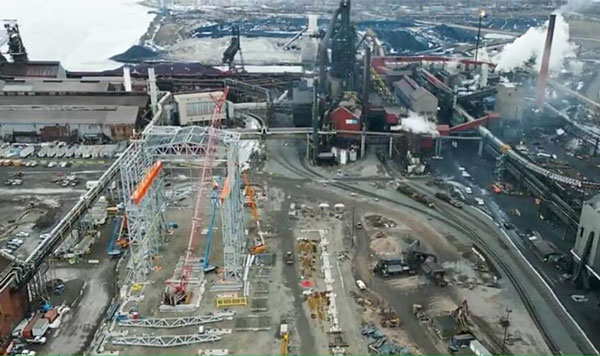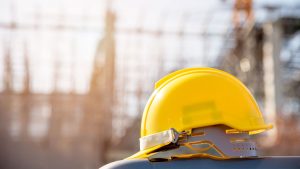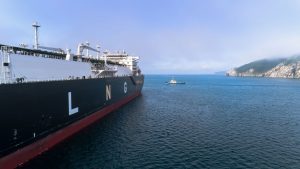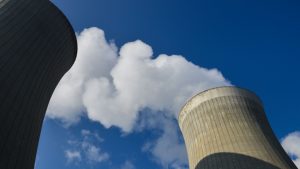There’s no avoiding steel. It’s not only a staple in construction but also a critical part of the world’s low-carbon future that includes clean power grids, improved rail transport, wind turbines and electric vehicles.
Nevertheless, carbons are involved in the fabricating process. Since steel demand is unlikely to decrease, focus must shift to how steel is made.
Basic Oxygen Furnace (BOF) operations heat carbon-rich metal or pig iron, steel scrap and burnt lime at temperatures as high as 1600°C. Pure oxygen is then injected into the BOF. The oxygen reacts with the silicon and carbon dissolved in the hot metal, generating CO2 and other impurities. That’s a lot of carbon emissions.
Electric Arc Furnaces (EAF) use recycled steel, a very important part of construction’s circularity story.
EAFs create less than half the carbons than BOFs, particularly when the energy comes from renewables or hydrogen, in whole or in part. The purity of the finished product is adjusted by the quality of the feedstock. In addition, processing improvements have resulted in EAFs being able to produce an estimated 90 per cent of the grades of steel created in a BOF.
The critically important transition away from coal-based steelmaking is underway. However, it may fail to meet the International Energy Agency’s (IEA) net-zero 2050 scenarios, say the authors of a recent Global Energy Monitor (GEM) study. The IEA imagines 53 per cent of the world’s steel being produced using EAFs, whereas the most ambitious industry projections suggest only 43 per cent using EAFs.
Canada has a role to play in the transition.
Just over 50 per cent of European and Canadian steel is made in BOFs. The U.S. is doing better with only 30 per cent. However, if IEA global targets are to be met, major improvements must come from other areas. China accounts for 53 per cent of global steel production, with almost 90 per cent produced in BOFs. However, India is ramping up its capacity and doing so almost exclusively with BOFs.
Switching to EAFs raises concerns within the industry due to the risk of “stranded assets,” those coal-based plants that risk losing significant value with the shift towards EAFs due to environmental concerns. GEM estimates total stranded asset losses could be as high as $554 billion.

Government intervention is one answer to mitigate the financial cost of greening Canada’s steel industry. Two of Canada’s largest steel makers have benefitted from high levels of government largesse over the past few years.
Algoma Steel’s foundry near Sault Ste. Marie is Ontario’s second largest industrial C02 emitter. It began the shift from coal-fired BOFs to EAFs in 2021, assisted by $420 million in federal support. When completed and fully connected to the electrical grid, Algoma’s emissions will be reduced by 70 per cent, and allow it to become a major steel recycler.
Once transitioned, a big economic benefit for Algoma will be reduced vulnerability to price variances in the feedstock market, Algoma chief executive officer Michael Garcia told the Globe & Mail.
“There’s a market for scrap and it tends to be pretty correlated with the sale price of steel, so you always have an opportunity make a margin and cover your cost,” he said in the article. “When your cost of raw materials increases, it’s correlated to the cost of the finished product you’re selling, so they kind of move together. It’s not that case when you’re a blast furnace operator. The price of metal could fall to very low levels and you really can’t do anything about it in your cost base.”
Unfortunately, the greening of ArcelorMittal Dofasco steel plant in Hamilton, Ontario’s single largest carbon emitter, appears stalled.
Commitments totalling $900 million from the federal and Ontario governments were announced enthusiastically in 2022 by Prime Minster Justin Trudeau and Premier Doug Ford, but plans remain largely in the design and budget phase today. Nevertheless, Ontario’s Ministry of the Environment, Conservation and Parks told the CBC the facility’s emission reduction expectations remain in place.
John Bleasby is a freelance writer. Send comments and Climate and Construction column ideas to editor@dailycommercialnews.com.











Recent Comments
comments for this post are closed